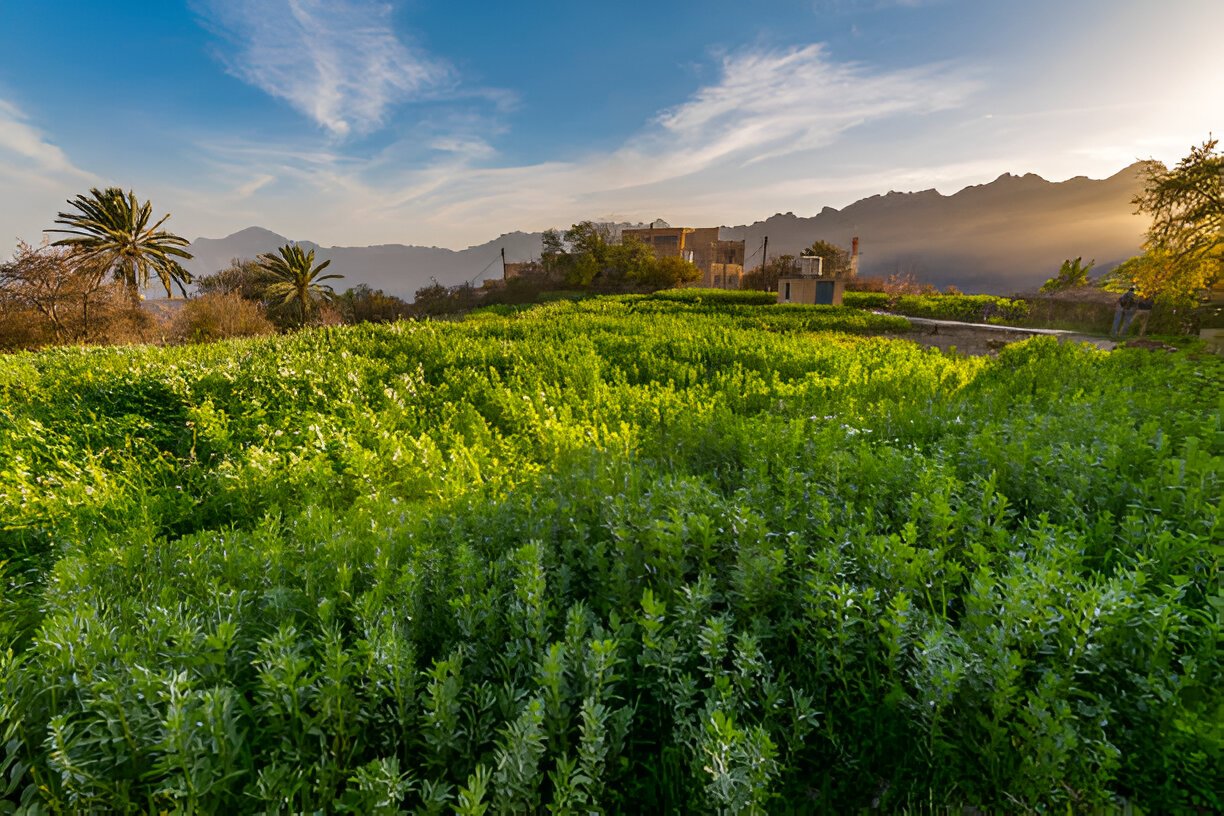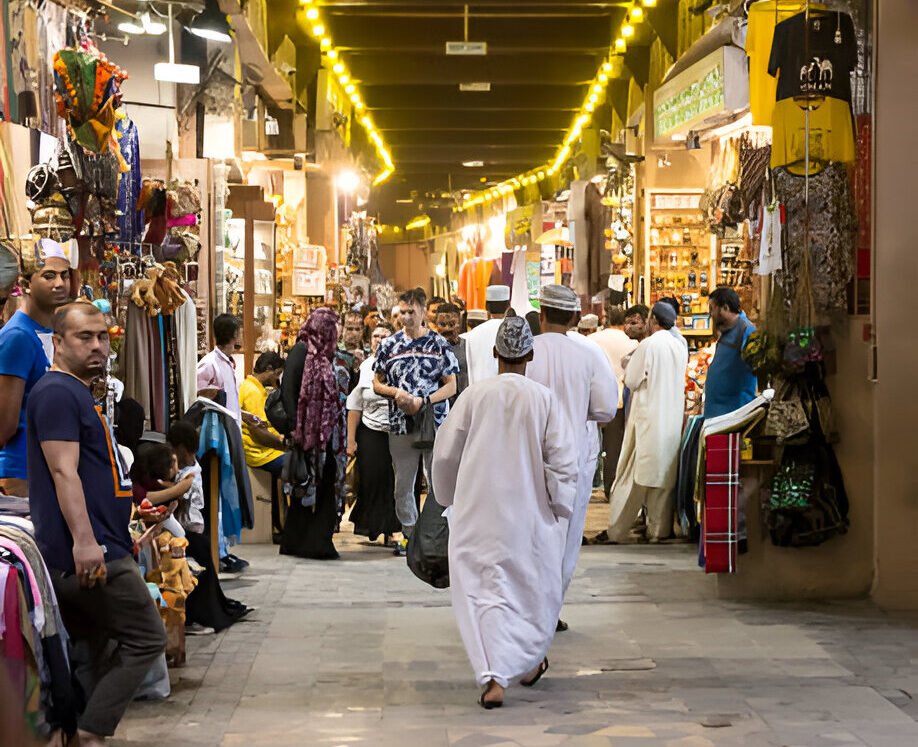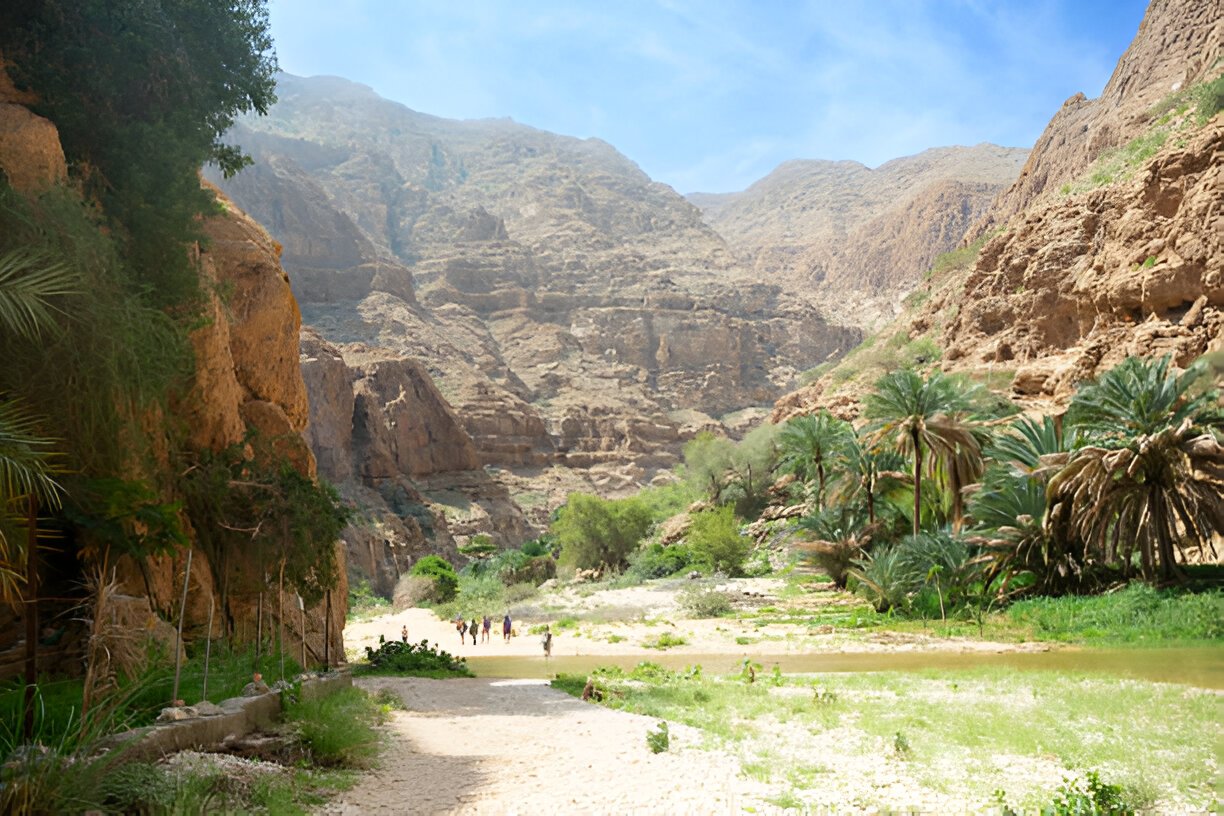
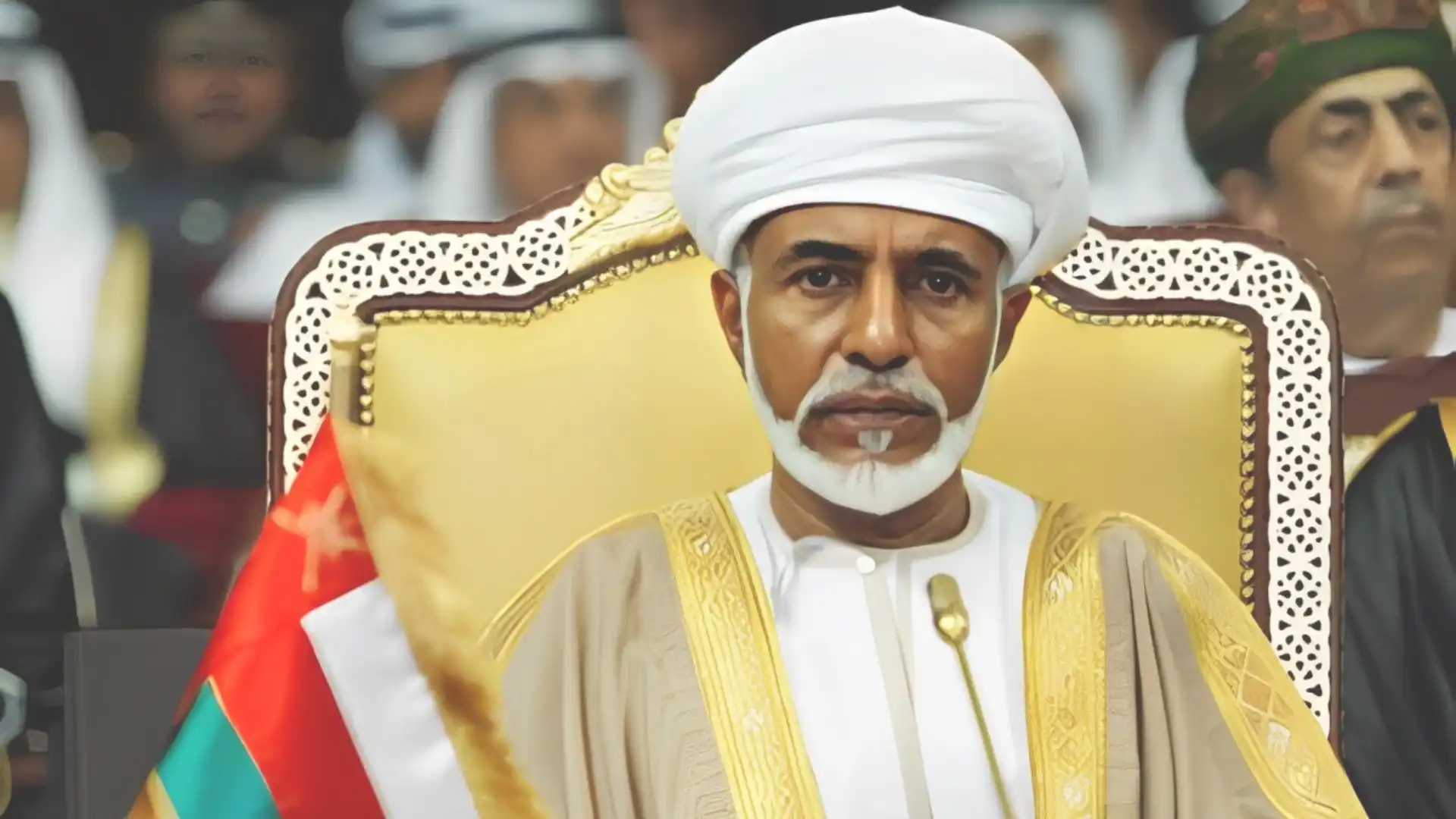
Renaissance Day, celebrated every year on July 23rd, holds a special place in the hearts of Omanis. This day commemorates the ascension of Sultan Qaboos bin Said Al Said to the throne in 1970, marking the beginning of a new era of modernization and development for the Sultanate of Oman. Known as the “Architect of Modern Oman,” Sultan Qaboos transformed the country from a secluded and underdeveloped state into a progressive nation with a thriving economy, robust infrastructure, and rich cultural heritage. This blog will delve into the significance of Renaissance Day, the visionary leadership of Sultan Qaboos, and the legacy he left behind.
Renaissance Day, or “Yaum al-Nahda,” is more than just a public holiday; it is a day of reflection and gratitude for the Omani people. It represents the rebirth of Oman under the enlightened leadership of Sultan Qaboos, who dedicated his life to the betterment of his nation. This day is a celebration of unity, progress, and the collective achievements of the Omani people over the past five decades.
In the words of Sultan Qaboos, “My people, I will proceed as quickly as possible to transform your life into a prosperous one with a bright future.” This promise, made during his first speech as Sultan, encapsulates the essence of Renaissance Day and the commitment to national development that has become synonymous with his reign.
Sultan Qaboos was not only a ruler but a visionary leader who understood the importance of progress and development. Upon his ascension to the throne, Oman was isolated, with minimal infrastructure, limited access to education, and poor healthcare. Sultan Qaboos embarked on a mission to modernize Oman, focusing on key areas such as education, healthcare, infrastructure, and economic diversification.
One of Sultan Qaboos’s earliest priorities was to improve education and healthcare in Oman. “A nation is built on the strength of its people, and education is the foundation of that strength,” he often emphasized. He established schools, universities, and healthcare facilities across the country, ensuring that every Omani had access to quality education and medical care. Today, Oman boasts a literacy rate of over 95%, and its healthcare system is among the best in the region.
Sultan Qaboos recognized that for Oman to thrive, it needed to be connected—both internally and with the rest of the world. He invested heavily in infrastructure projects, including roads, ports, airports, and telecommunications. The result was a network of highways that connected remote villages to urban centers, facilitating trade and travel. The development of ports such as Port Sultan Qaboos and Salalah Port transformed Oman into a key player in international trade.
Sultan Qaboos understood that Oman’s reliance on oil as its primary source of revenue was unsustainable in the long term. To ensure economic stability, he initiated a series of five-year development plans aimed at diversifying the economy. These plans focused on developing sectors such as tourism, fisheries, mining, and manufacturing.
Tourism, in particular, became a focal point of Oman’s economic strategy. Sultan Qaboos recognized the potential of Oman’s natural beauty, rich history, and cultural heritage to attract visitors from around the world. His vision led to the development of luxury resorts, cultural festivals, and historical preservation projects that have made Oman a sought-after destination.
Sultan Qaboos was also a pioneer in environmental conservation, recognizing the importance of preserving Oman’s natural resources for future generations. He established protected areas, national parks, and wildlife reserves to safeguard Oman’s diverse ecosystems. “We must leave our environment in a better state than we found it,” he famously stated, reflecting his commitment to sustainability.
Under his leadership, Oman became a leader in environmental conservation in the Gulf region. Initiatives such as the Arabian Oryx Sanctuary, the first UNESCO World Heritage Site in Oman, exemplify his dedication to protecting the environment.
While Sultan Qaboos was focused on modernization, he also placed great importance on preserving Oman’s cultural heritage. He believed that a nation’s identity is rooted in its traditions, and he worked tirelessly to ensure that Oman’s rich history and culture were not lost amidst the rapid changes.
Sultan Qaboos supported the revival of traditional Omani crafts, such as silverwork, pottery, and weaving. He established the Public Authority for Craft Industries to promote and protect these crafts, ensuring that they would continue to be passed down through generations. The annual Muscat Festival and Salalah Tourism Festival also celebrate Omani culture, showcasing traditional music, dance, and crafts.
Oman’s history is rich with ancient forts, castles, and archaeological sites, many of which had fallen into disrepair by the time Sultan Qaboos ascended to the throne. He initiated restoration projects to preserve these sites, recognizing their importance as symbols of Omani heritage. The restoration of Bahla Fort, a UNESCO World Heritage Site, is one such example of his commitment to preserving Oman’s history.
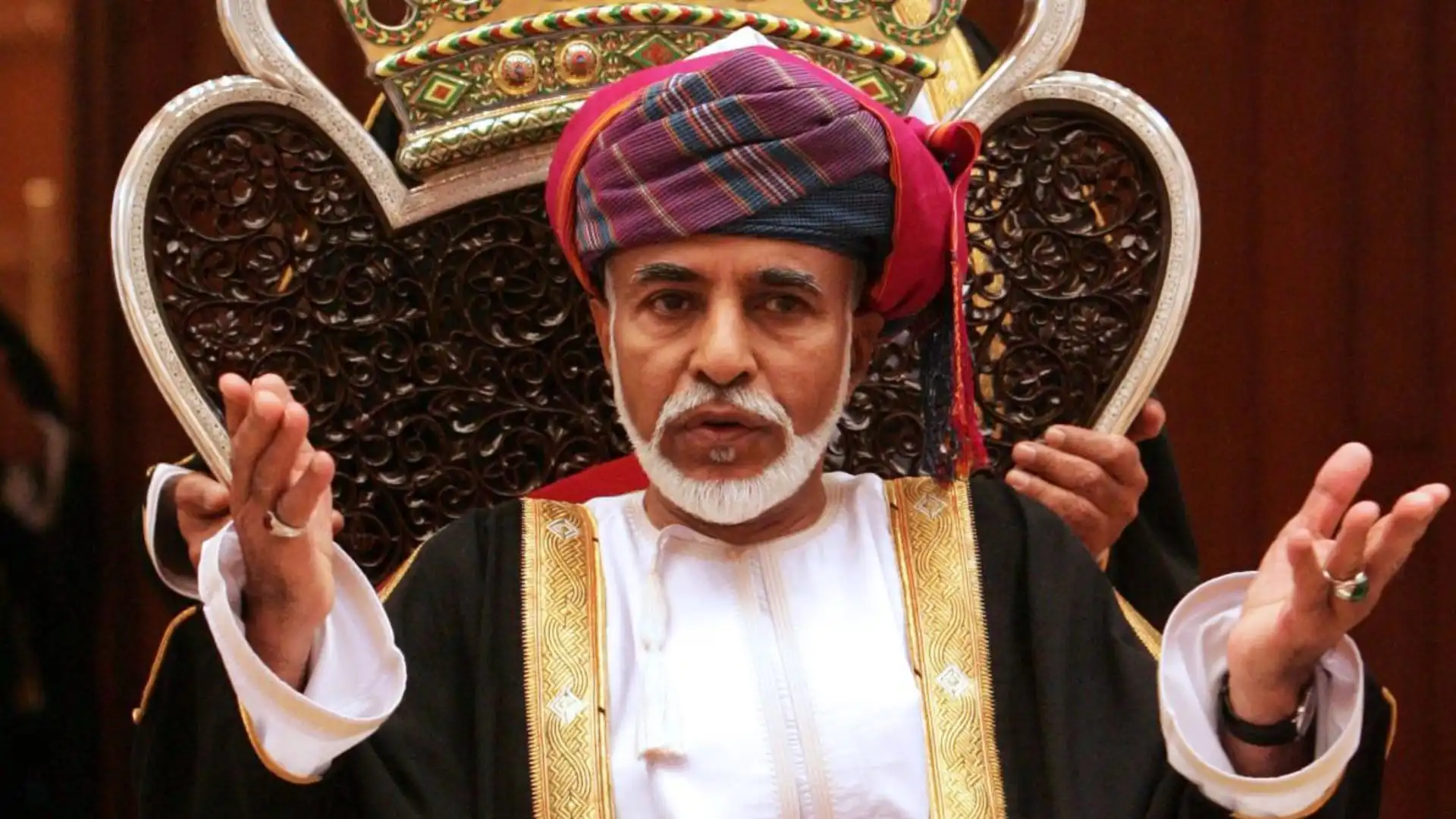
Sultan Qaboos was not only a leader within Oman but also a respected statesman on the international stage. He played a pivotal role in regional and global diplomacy, often serving as a mediator in conflicts. His foreign policy was characterized by neutrality, non-interference, and the promotion of peaceful resolutions to disputes.
Oman’s strategic location on the Arabian Peninsula made it a key player in regional politics. Sultan Qaboos used this to Oman’s advantage, maintaining friendly relations with neighboring countries and acting as a mediator in conflicts. His diplomatic efforts were instrumental in brokering peace agreements and easing tensions in the region.
Under Sultan Qaboos’s leadership, Oman became known as a beacon of stability in a region often plagued by conflict. His balanced approach to foreign policy earned Oman the respect of the international community. As former U.S. Secretary of State John Kerry once said, “Sultan Qaboos was a man of wisdom and compassion who led his nation with a steady hand.”
Sultan Qaboos’s reign, which spanned nearly 50 years, left an indelible mark on Oman and its people. His vision for a modern, prosperous, and culturally rich nation has been realized, and his legacy continues to inspire future generations.
One of Sultan Qaboos’s greatest achievements was empowering the Omani people. He encouraged Omanis to take an active role in the development of their country, fostering a sense of national pride and responsibility. Through education, economic opportunities, and cultural preservation, he equipped the people of Oman with the tools they needed to build a brighter future.
The Renaissance that began with Sultan Qaboos’s ascension to the throne is not over. His successor, Sultan Haitham bin Tariq, has vowed to continue the work of his predecessor, building on the foundation laid by Sultan Qaboos. The vision of a modern, prosperous, and sustainable Oman remains at the forefront of national policy.
Renaissance Day is marked by a variety of celebrations across Oman, reflecting the country’s rich culture and history. These celebrations include parades, cultural performances, and public gatherings, where Omanis come together to honor the memory of Sultan Qaboos and celebrate the progress the nation has made.
Each year, Renaissance Day is an occasion for the nation’s leaders to address the public, reflecting on the achievements of the past and outlining the goals for the future. These speeches often include tributes to Sultan Qaboos, recognizing his contributions to the nation’s development.
Cultural performances are a highlight of Renaissance Day celebrations, showcasing traditional Omani music, dance, and art. Exhibitions are also held, displaying Omani crafts, historical artifacts, and photographs that chronicle the country’s transformation under Sultan Qaboos.
Before Sultan Qaboos ascended to the throne, Oman was a country isolated from the rest of the world. The nation was underdeveloped, with limited infrastructure, education, and healthcare. The young Sultan Qaboos, having studied abroad and served in the British Army, returned to Oman with a vision of transforming his homeland. His education and experiences abroad equipped him with the knowledge and determination to guide Oman into a new era, a renaissance that would touch every aspect of Omani life.
When Sultan Qaboos assumed power on July 23, 1970, Oman was at a crossroads. The country needed a leader who could unify its people and lead them towards a future filled with promise. Sultan Qaboos’s early actions demonstrated his commitment to modernization and his desire to lift Oman out of poverty. He began by establishing the foundations for a modern state, focusing on governance, economic development, and social reform.
Sultan Qaboos’s leadership was rooted in a deep sense of duty to his people and a belief in the importance of balance—between tradition and modernity, development and sustainability, and internal stability and international diplomacy. His philosophy was not just about building roads and schools, but about building a society that could sustain itself and flourish for generations.
One of Sultan Qaboos’s guiding principles was inclusivity. He believed that every Omani, regardless of their background or status, had a role to play in the nation’s development. This inclusive approach was evident in his government’s policies, which aimed to ensure that the benefits of development were shared by all. “The success of our renaissance is measured by the well-being of our people,” he once stated, emphasizing that development should lead to tangible improvements in the lives of ordinary Omanis.
A key aspect of Sultan Qaboos’s leadership was his ability to modernize Oman without losing sight of its rich cultural heritage. He understood that while modernization was necessary, it should not come at the expense of Omani identity. This belief shaped his policies and initiatives, which sought to integrate modern advancements with the preservation of traditional values and practices.
Sultan Qaboos initiated numerous cultural preservation projects, ensuring that Oman’s history and traditions were celebrated even as the country embraced modernity. He supported the arts, encouraged the revival of traditional crafts, and promoted the use of the Arabic language. This cultural renaissance was an integral part of Oman’s broader renaissance, as it ensured that the country’s development was rooted in its unique identity.
In addition to cultural preservation, Sultan Qaboos also emphasized the importance of religious tolerance and understanding. He promoted an environment where people of different faiths could coexist peacefully, fostering a spirit of mutual respect and cooperation. This commitment to religious tolerance became a hallmark of Omani society, contributing to the nation’s stability and cohesion.
One of the cornerstones of Oman’s renaissance under Sultan Qaboos was the reform of the education system. When he came to power, education was a privilege available to only a small segment of the population. Sultan Qaboos recognized that for Oman to progress, education needed to be accessible to all. “Education is the key to unlocking the potential of our nation,” he declared, and this belief drove his ambitious educational reforms.
Under Sultan Qaboos’s leadership, the government invested heavily in building schools, colleges, and universities across the country. Education was made free and compulsory for all Omani children, ensuring that every child had the opportunity to learn and grow. The curriculum was modernized to include not only traditional subjects but also science, technology, and foreign languages, preparing students for the challenges of a globalized world.
The results of these reforms were transformative. Literacy rates soared, and a new generation of Omanis emerged, equipped with the knowledge and skills needed to contribute to the nation’s development. The emphasis on education also extended to adult learners, with programs designed to improve literacy and vocational skills among the adult population.
Sultan Qaboos’s commitment to improving the well-being of his people extended beyond education to include healthcare. In 1970, Oman’s healthcare system was rudimentary, with few hospitals and limited access to medical services. Sultan Qaboos launched a comprehensive healthcare reform program, aiming to provide quality healthcare to all Omanis.
The government built hospitals and clinics across the country, including in remote and rural areas. Modern medical equipment was introduced, and healthcare professionals were trained to provide a high standard of care. Public health campaigns were launched to raise awareness about common health issues and promote healthy living.
As a result of these efforts, Oman experienced a significant improvement in public health. Life expectancy increased, infant mortality rates decreased, and the overall quality of life improved. The healthcare system that Sultan Qaboos helped build is now considered one of the best in the region, providing Omani citizens with access to world-class medical care.
Sultan Qaboos was a leader ahead of his time when it came to environmental conservation. Long before the global community began to prioritize sustainability, Sultan Qaboos recognized the importance of protecting Oman’s natural resources. He believed that the environment was a trust that needed to be preserved for future generations.
Under his guidance, Oman implemented a series of environmental protection laws and established nature reserves to safeguard its unique ecosystems. The Arabian Oryx Sanctuary, the first of its kind in the region, was created to protect the endangered Arabian Oryx, and the Dimaniyat Islands were designated as a nature reserve to preserve the country’s marine biodiversity.
Sultan Qaboos’s environmental initiatives extended beyond conservation to include sustainable development practices. He promoted the use of renewable energy sources, such as solar power, and supported efforts to reduce the country’s carbon footprint. His vision for a sustainable Oman continues to influence the nation’s environmental policies today, ensuring that economic development is balanced with environmental stewardship.
Sultan Qaboos was a strong advocate for the empowerment of women, recognizing their vital role in the development of Oman. Under his leadership, women were given greater opportunities to participate in the workforce, pursue education, and contribute to the nation’s progress. “A nation cannot prosper if it leaves half of its population behind,” Sultan Qaboos famously said, reflecting his belief in gender equality.
The government implemented policies to promote gender equality, including the introduction of laws that guaranteed women’s rights to education, employment, and property ownership. Women were also encouraged to participate in public life, with many taking on leadership roles in government, business, and civil society.
Today, Omani women are active participants in all sectors of society, from politics to the arts, and their contributions are recognized and celebrated. The progress made in advancing women’s rights under Sultan Qaboos’s reign is a testament to his commitment to creating an inclusive and equitable society.
Infrastructure development was a key focus of Sultan Qaboos’s modernization efforts. Recognizing that a nation’s progress is dependent on its infrastructure, Sultan Qaboos invested in the construction of roads, bridges, ports, airports, and telecommunications networks. These projects were not just about building physical structures; they were about connecting people, facilitating trade, and fostering economic growth.
One of the most significant infrastructure projects initiated under Sultan Qaboos was the development of the national road network. Prior to his reign, Oman had very few paved roads, making travel between regions difficult and time-consuming. Sultan Qaboos’s government launched an ambitious road construction program, building highways that connected major cities, towns, and villages. This network of roads not only improved transportation but also helped to unify the country by bringing communities closer together.
In addition to road construction, Sultan Qaboos oversaw the expansion of Oman’s ports and airports, transforming the country into a regional transportation hub. The development of Port Sultan Qaboos in Muscat and the expansion of Salalah Port positioned Oman as a key player in international trade, while the modernization of Muscat International Airport improved connectivity with the rest of the world.
Sultan Qaboos’s vision for Oman was not just about building infrastructure; it was about building a society where every citizen could thrive. To achieve this, he implemented a series of social and economic reforms aimed at empowering the Omani people and ensuring that the benefits of development were shared by all.
One of the key social reforms introduced by Sultan Qaboos was the establishment of a social welfare system that provided support to the most vulnerable members of society. This system included financial assistance for low-income families, housing programs for those in need, and healthcare services for the elderly and disabled. These programs helped to reduce poverty and improve the quality of life for many Omanis.
On the economic front, Sultan Qaboos pursued a policy of economic diversification to reduce Oman’s dependence on oil revenues. This policy involved the development of non-oil sectors, such as tourism, agriculture, fisheries, and manufacturing, creating new opportunities for employment and economic growth. Small and medium-sized enterprises (SMEs) were also encouraged, with the government providing support in the form of loans, training, and business development services.
Sultan Qaboos’s leadership and vision were not only recognized within Oman but also by the international community. World leaders often praised his balanced approach to governance, his commitment to peace, and his efforts to promote understanding between cultures.
The late Kofi Annan, former Secretary-General of the United Nations, once remarked, “Sultan Qaboos was a visionary leader whose wisdom and fores
Renaissance Day is a celebration of Oman’s journey from isolation to modernization, a journey that was made possible by the visionary leadership of Sultan Qaboos. His commitment to the welfare of his people, the preservation of Omani culture, and the pursuit of peace and stability has left a lasting legacy that continues to shape the nation.
As Oman moves forward, the principles and values instilled by Sultan Qaboos will continue to guide the nation’s path. Renaissance Day serves as a reminder of the progress that has been made and the ongoing efforts to build a brighter future for all Omanis.
In the words of Sultan Qaboos, “The march of progress will continue with the strength of our determination and the unity of our people.” This sentiment echoes in the hearts of Omanis every year on Renaissance Day, as they honor the legacy of their beloved leader and look towards the future with hope and optimism.
Never miss any important news. Subscribe to our newsletter.

